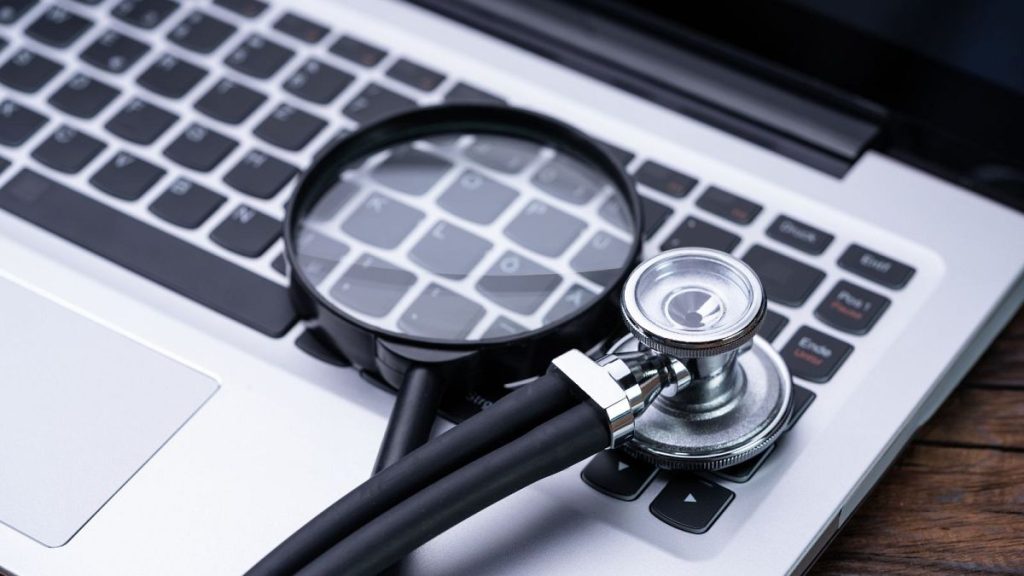The proliferation of online health information has led to a surge in self-diagnosis, with nearly half of the UK population utilizing digital resources to identify their ailments, according to a recent survey conducted by AXA, a multinational insurance company. This trend, while potentially empowering for individuals, also raises concerns about the accuracy and reliability of online health content, prompting calls for stronger regulation and enhanced health education. The survey highlights the need for reliable and accessible health information, with a clear majority of respondents expressing trust in official sources like the NHS website.
Contrary to expectations, the survey revealed that individuals aged 35-44 were more inclined to self-diagnose compared to the younger generation (16-24), challenging the assumption that digital natives are more readily embracing online health tools. A significant driver behind this self-diagnosis trend is the difficulty in securing timely appointments through the NHS, with over a third of respondents citing this as their primary reason for turning to digital resources. This underscores the strain on the public health system and highlights the potential of digital tools to bridge the gap in healthcare access.
The ailments most commonly self-diagnosed ranged from minor conditions like hay fever and sunburn to more complex issues like mental health conditions. While minor physical ailments comprised a significant portion of self-diagnoses, the prevalence of self-diagnosed mental health issues, particularly among the 16-24 age group, raised significant concerns. This finding underscores the growing demand for accessible and trustworthy mental health resources and calls for innovative solutions such as integrating mental health support within educational institutions and strengthening links between digital self-assessment tools and professional mental healthcare services. This highlights the importance of addressing the mental health needs of young people and leveraging digital platforms to improve access to appropriate care.
The reliance on digital tools for self-diagnosis, while potentially beneficial, necessitates a cautious approach. While the majority of respondents sought information from reputable sources like the NHS website and symptom checkers, a significant number turned to less reliable sources, including social media platforms. The use of social media for health information raises serious concerns about the spread of misinformation and underscores the need for public education campaigns to equip individuals with the skills to discern credible sources from unreliable ones. This further emphasizes the importance of clear guidance on the next steps following self-diagnosis, ensuring that individuals seek appropriate professional medical advice when necessary.
The survey’s findings emphasize the dual nature of the self-diagnosis trend. On one hand, it empowers individuals to take a proactive role in their health management, utilizing easily accessible online resources. On the other hand, it raises concerns about the potential for misdiagnosis and the spread of misinformation. This necessitates a multi-pronged approach, incorporating stronger regulation of online health content, increased focus on health education, and the development of clear guidelines for using self-diagnosis tools. This comprehensive approach aims to ensure that individuals can safely and accurately utilize online resources while also seeking professional medical advice when required.
The future of healthcare navigation hinges on striking a balance between individual empowerment and expert guidance. Digital tools offer immense potential for improving healthcare access and promoting proactive health management. However, their effective utilization requires a robust framework of regulation, education, and clear guidelines. This framework must ensure that individuals can confidently navigate the complex landscape of online health information, empowering them to make informed decisions about their health while also mitigating the risks associated with self-diagnosis. The integration of digital tools into healthcare pathways, complemented by robust support systems and professional medical guidance, can pave the way for a more accessible and patient-centered healthcare experience.














